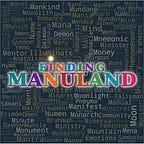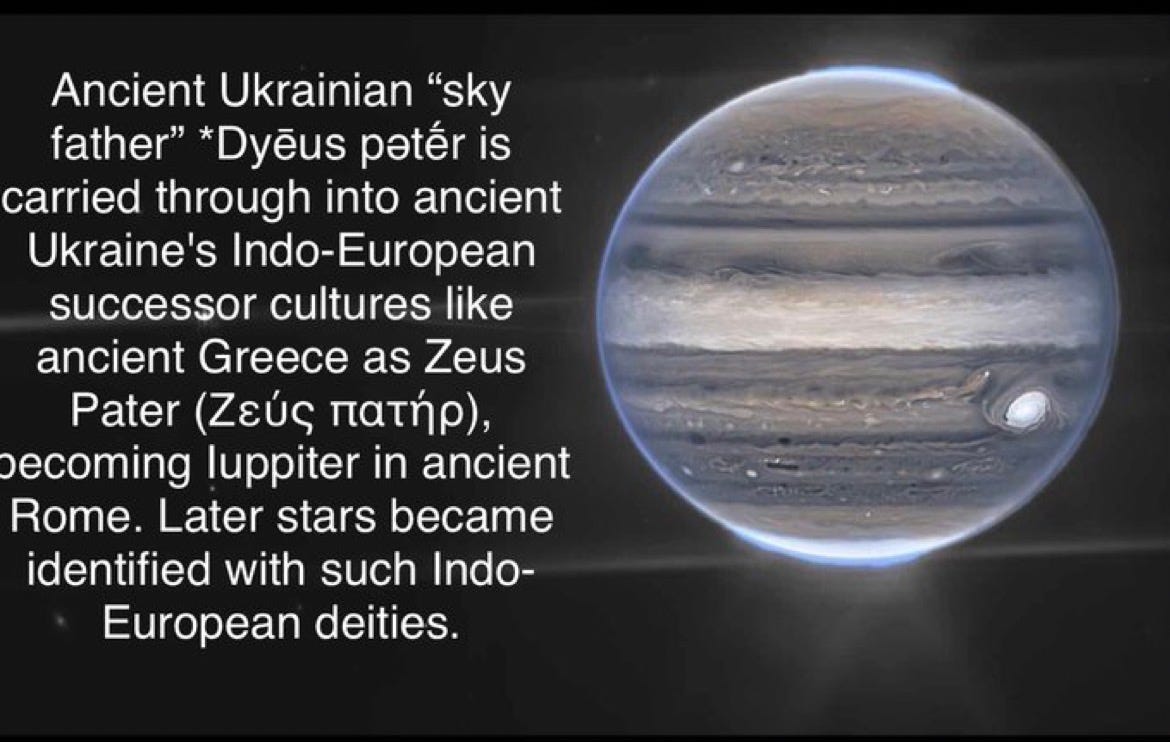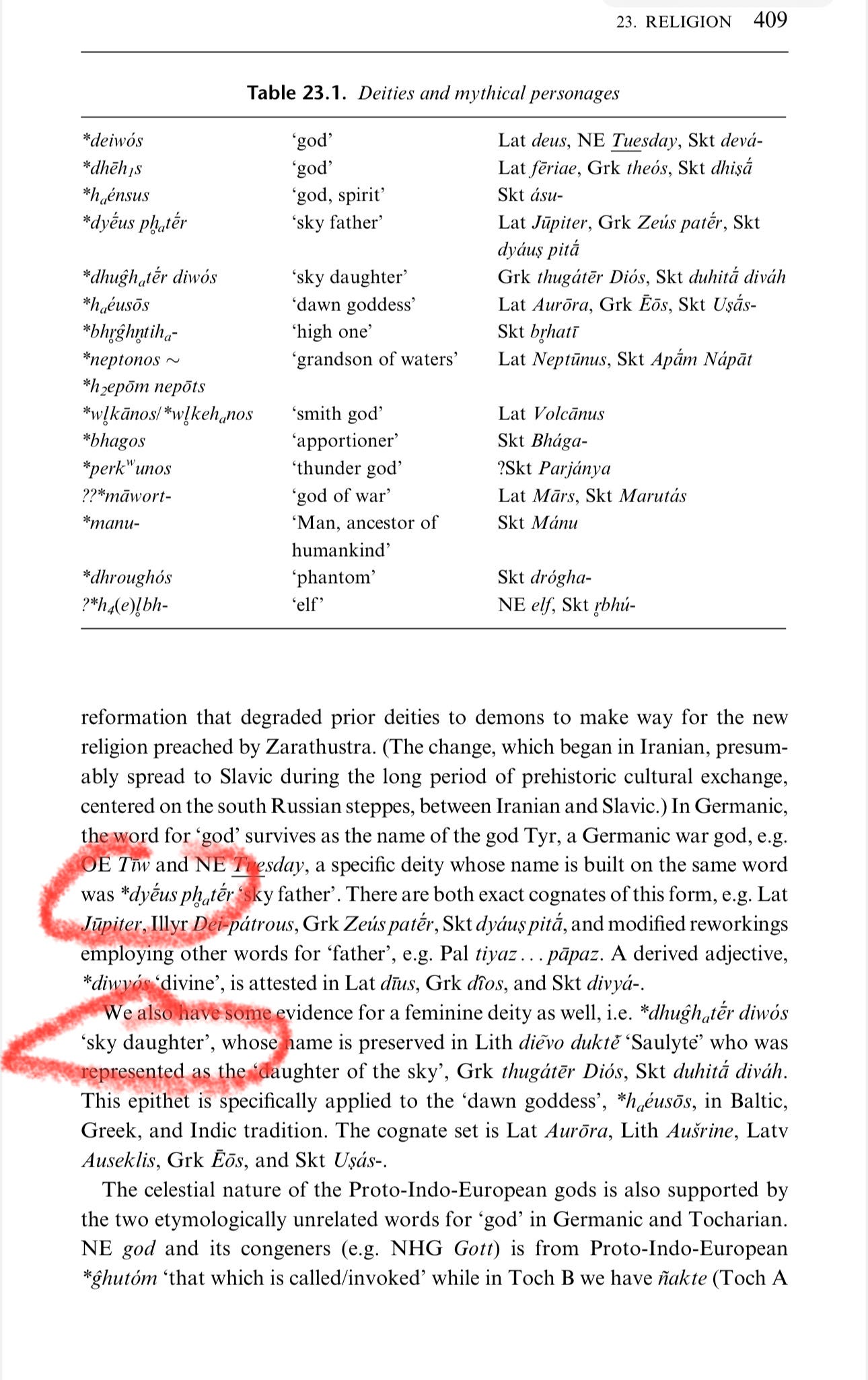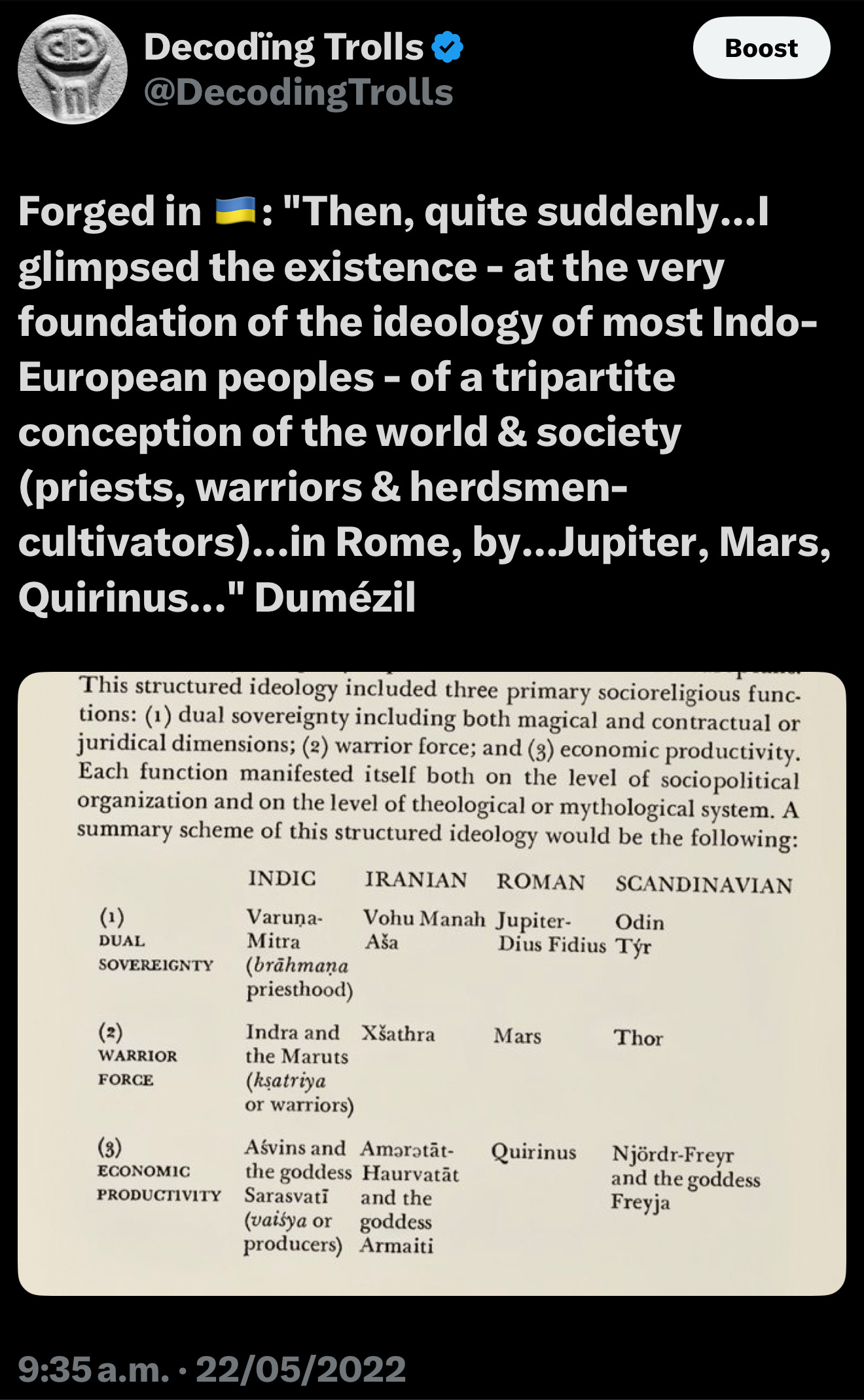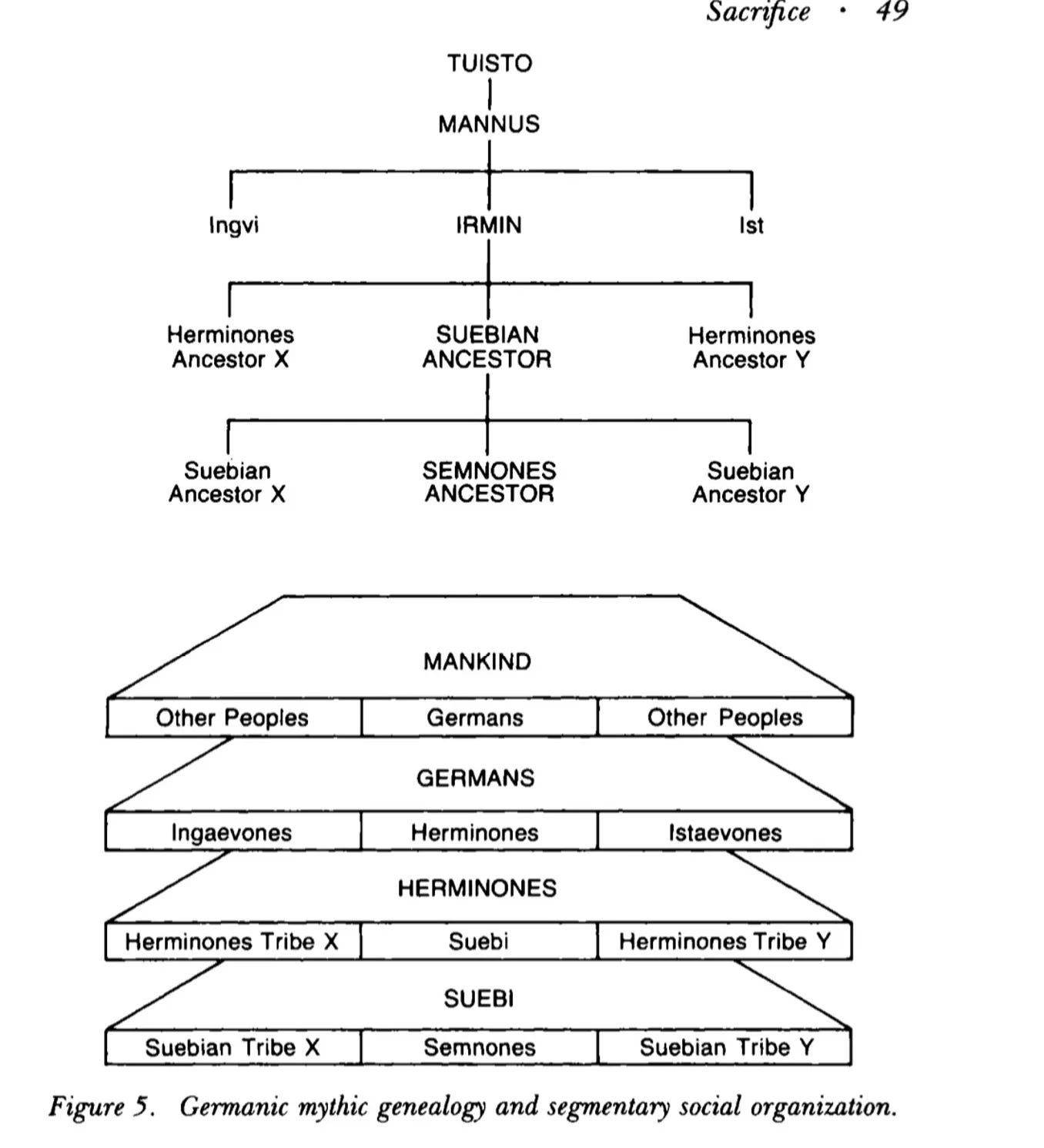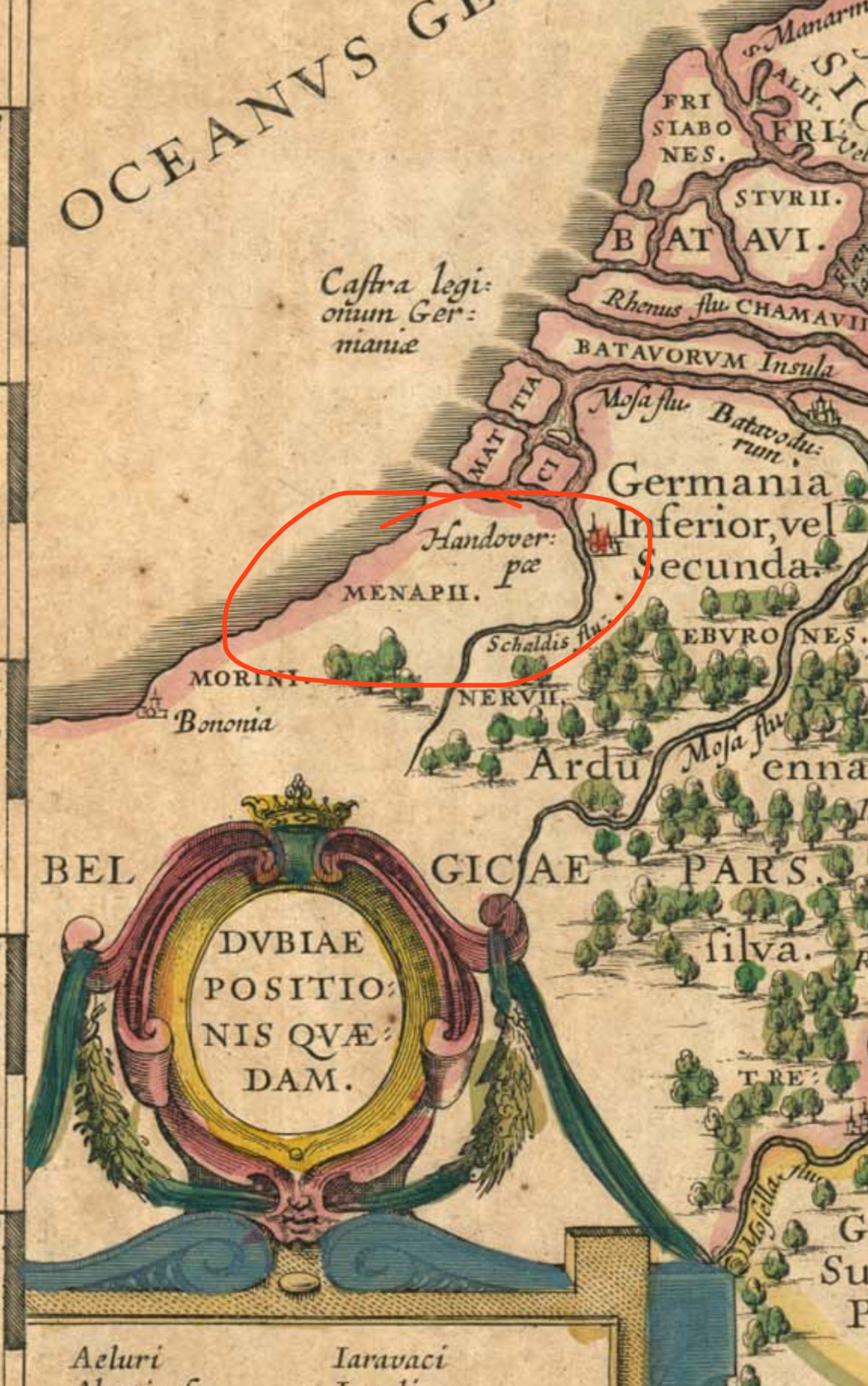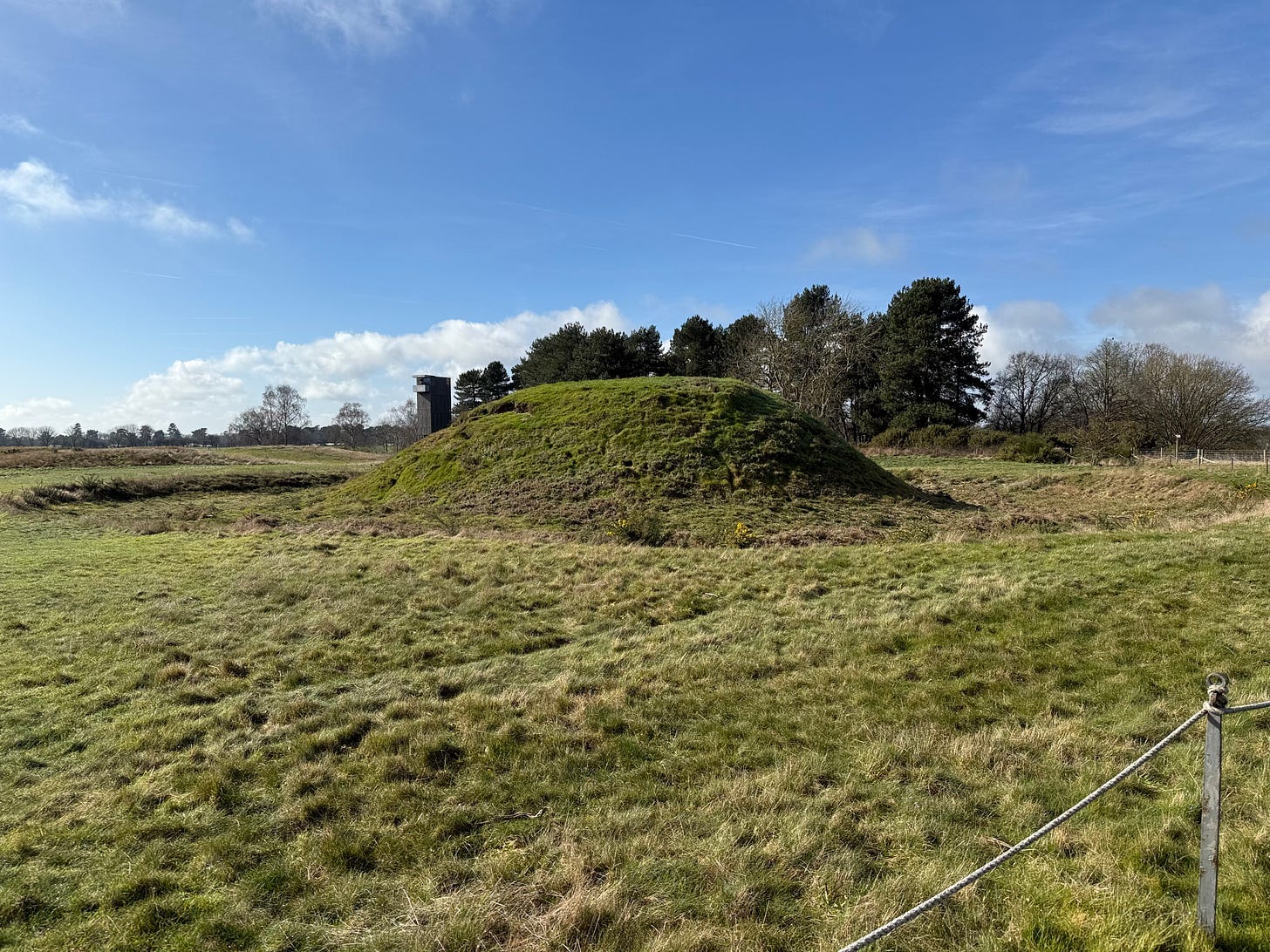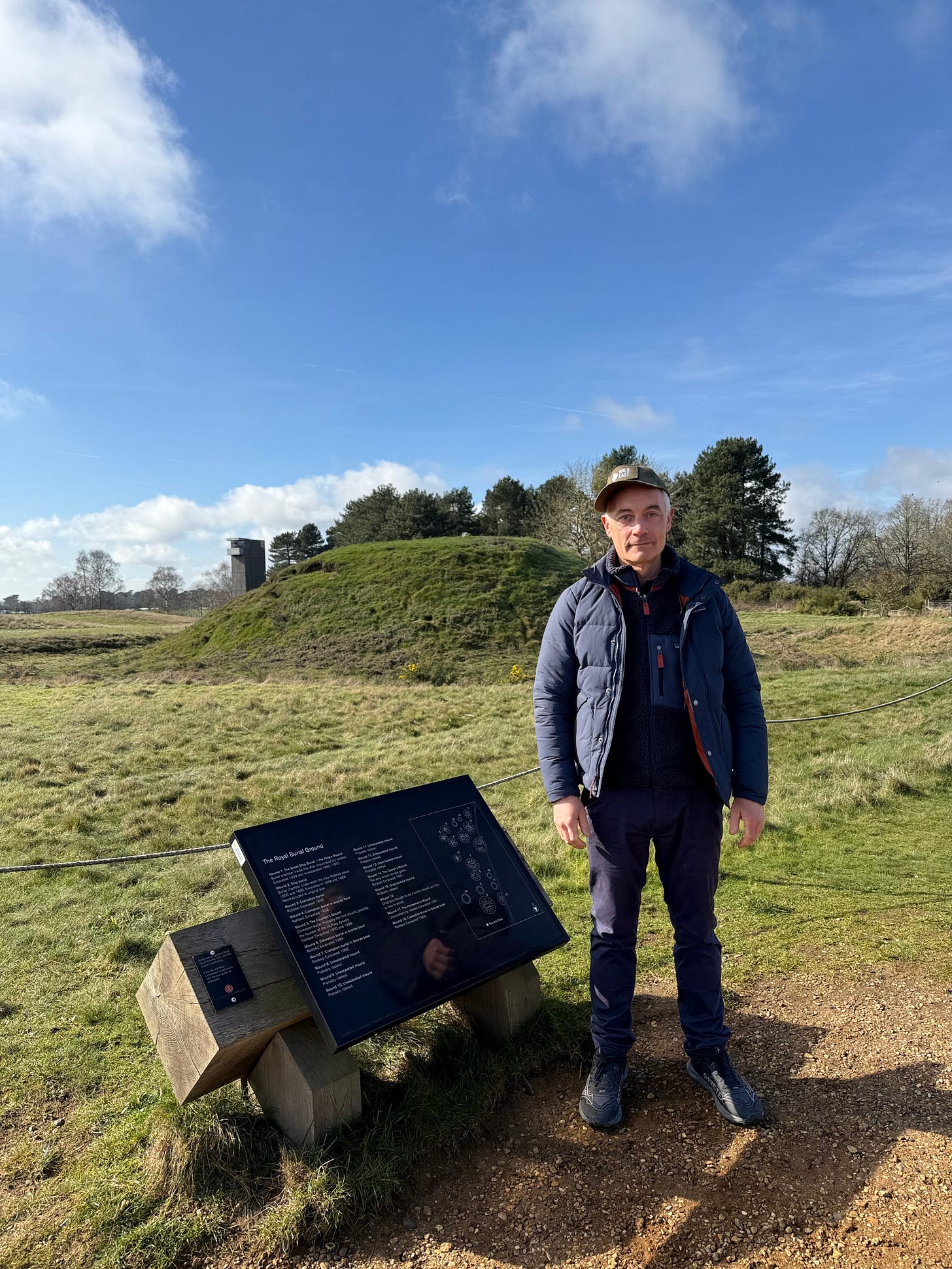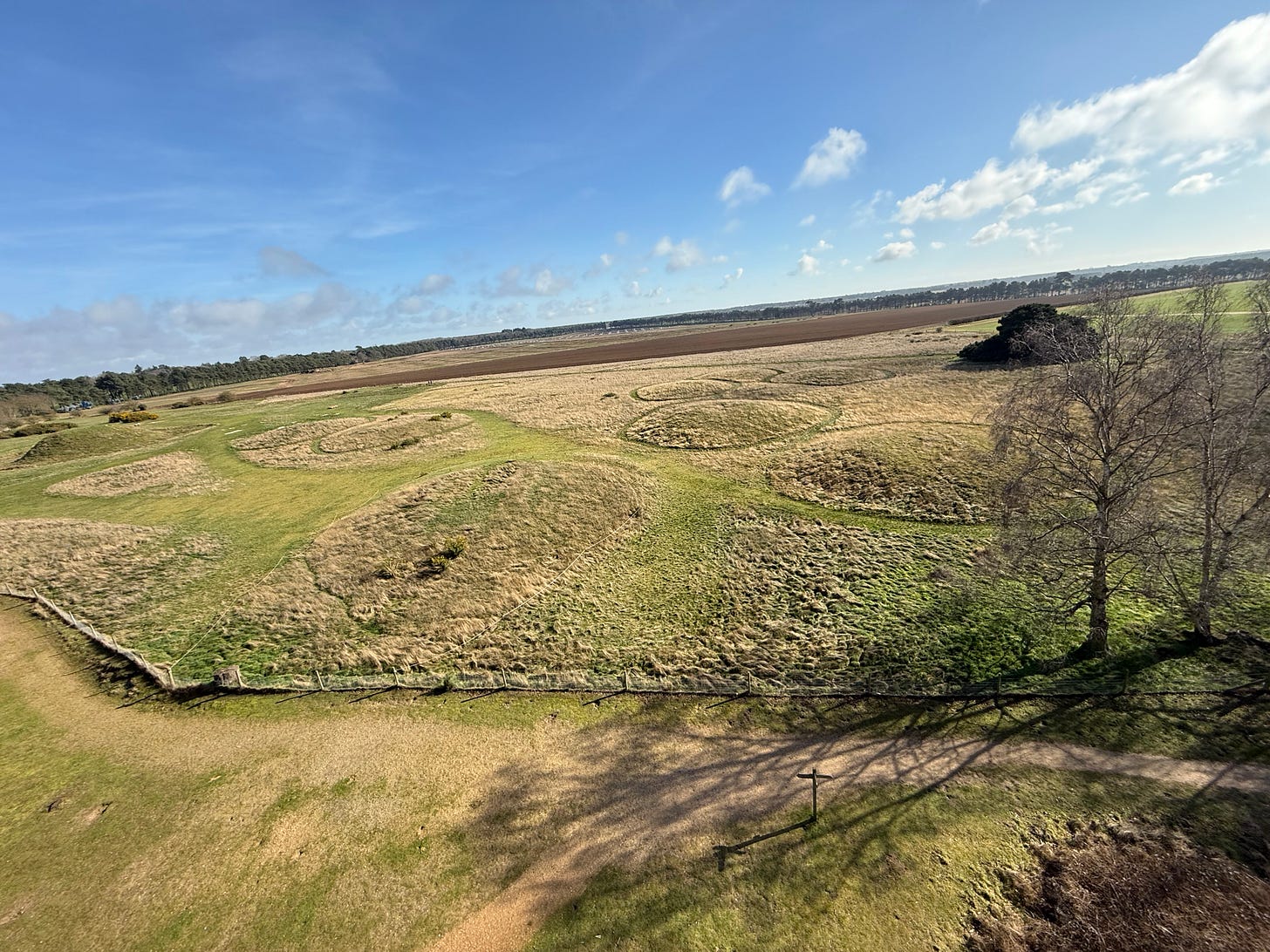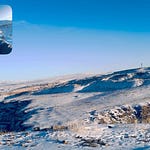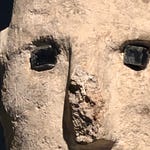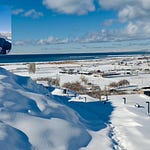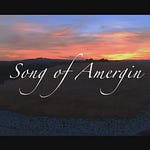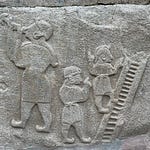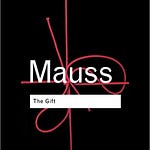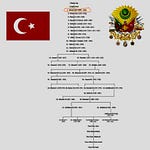So this is the second part of the “Manu or Mannus: Which Came First?” I've decided to try and do these recordings in shorter elements. Then like a Netflix (where they issue the whole series at once)…
But instead of issuing a whole series of ten one-hour-long shows, these are going to be much shorter. Then you can decide whether you listen to them all together.
So Manu or Mannus… This episode, like all, will contain the three elements which are:
(1) Mana, meaning energy, I'm exchanging my energy with you, my Mana, you can hear it in my voice, the timbre of my voice. You by downloading it, by listening to it, you are taking in but you're also giving back. We're exchanging our Mana, our energy.
(2) Also in here, obviously, is the linguistic element, the Indo-European element, which includes both the mythological as well as the linguistic aspects.
(3) The third element are journeys, voyages, mental and physical. So I was describing how the first Germanic culture went up the Dniester River and/or the Danube River, two of the great rivers of ancient and contemporary Ukraine.
Also that in the three sons of Mannus - Herminones, Ingaevones (who founded the English people), and Istaevones -is this trifunctional structure which which is a very important means of tracing indo-european elements in our cultures.
So, most of us are aware of the Indian caste system. You have the Brahmin priestly caste. The sovereignty caste. Then you have the Ksatriya, who are the soldiers equivalent to my namesake, Istaevones in Germanic culture. Then you have the third caste, who are the farmers. The economic caste. The fertility element.
The function of the community which is expressed in the caste system. Well, that same tripartite structure... has been traced into most if not all indo-european culture linguistic and social cultures. So, again, it comes from a common source.
“The strongest reconstructions [of Proto-Indo-European] are those that are based on languages that are not closely connected, in order to eliminate the possibility of common innovation among a sub-group like Celtic or Balto-Slavic. A reconstruction based on evidence from Old Irish and Hittite is therefore stronger than one based solely on Sanskrit and Avestan, as they form a sub-group.”
The individual proper names at the origin of the ethnic groups are not the common names for gods, but they're, they're surnames. So we have Herminones, Ingaevones and Istaevones.
Those are probably the surnames. So you would receive your name according to the tribe you're in and the Germanic tribe you're in. But the particular element within it. Are you of the soldier caste or the fertility, the economic, the farming caste? Or are you like the Brahmin priest, the Herminones part or the Flamines in ancient Rome? So the source of these names for us is from the poetic, Carmina. Carmina, again the M-N- to describe Carmina (songs), the poetic.
So Tacitus, although this is all, he is our main source, our primary, our fundamental, source for understanding the origins of the Germanic people through the stories they told themselves, the myths they exchanged themselves before they were a written culture. And Tacitus himself, he’s a bit of a historian, but he's also a Carmina. He's a poet.
So he's writing in the poetic. So that first, that name, Ingea, probably from the Ingeavones. So Ingeia is probably the first name. Referring to an individual god and there's a parallel in Scandinavia which then occupied the island of Britain and became the dominant Germanic tribe there after 433 Common Era when the Romans withdrew from the island of Britain. The German Germanic tribes took over as we know in 1066. The Normans again M-N- in Norman. So they are related genetically and linguistically to the Menapii, who are very much at my origin story of here and Manuland.
The term Manuland comes from a warehouse near Maine in France, near this village Maine in France, in eastern France.
The Normans, Normandy, this peninsula pointing out into the Manche (into the so-English Channel...). The Normans invaded the island of Britain and took over. Although many of the individual words in the English language are indeed French, the structure, the roots of verbs, determines that English, which developed after this, is a Germanic language. The Germanic tribes, including Ing, the Ing, Ingwia, the Germanic tribe. So Ingwia was a god, and so the people who worshipped that god, they became known as the Ingavones.
So that is how peoples were named either by themselves or often by others. They were in the same way that, say, Christians are so-called because they worship Christ, that the Ingua worshipped this god, this Ing, this god of Ing.
They took over the island of Britain or parts of the island of Britain, mainly from East Anglia onwards, where I also lived there for a few years, So I have a sense of that and I recently visited some of the earliest mounds which were built by these Ingua in Saxon mounds near the border between Suffolk and Essex.
So Ingwe refers to an individual god, and this points us towards a similar interpretation for the others. So for the Hermenones and the Istavones. So Hermen being the god, son of Ymir. And... each of these three groupings these tripartite group groupings has a tribal ancestor from whom they take their name who who either began as a god or started off as a particularly one of these these imaginary brothers or sisters that I have down near Odesa who decide one goes off in one direction the other and the other and the other and the other and they, in actual historical fact, then found these different communities.
There's many different theories about how these migrations took place, and there's no reason why they would have happened the same way everywhere. So there's a variety of different models. I've given you one kind of imaginative, cute one, where my ancestor, Istavones, leaves... leaves this area where the Usatova and the Yamna created the first Celtic, Italic and Germanic languages and cultures.
So one of them, the founder of the Italic, goes off one direction. A few years later, another sister leads a troop of a couple hundred families in another direction on wagons.
And another year, a few years later, they go in another direction. And out of these migrations comes these respective traditions.
Continued:
Continued from:
First in series:

